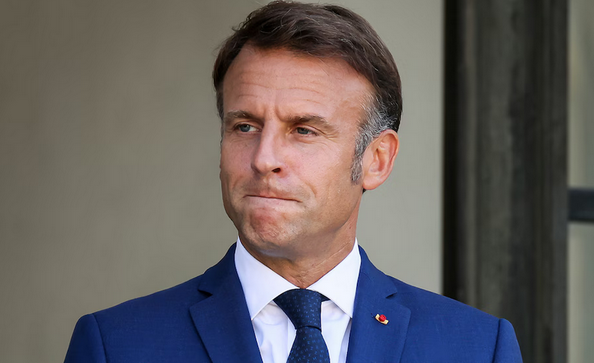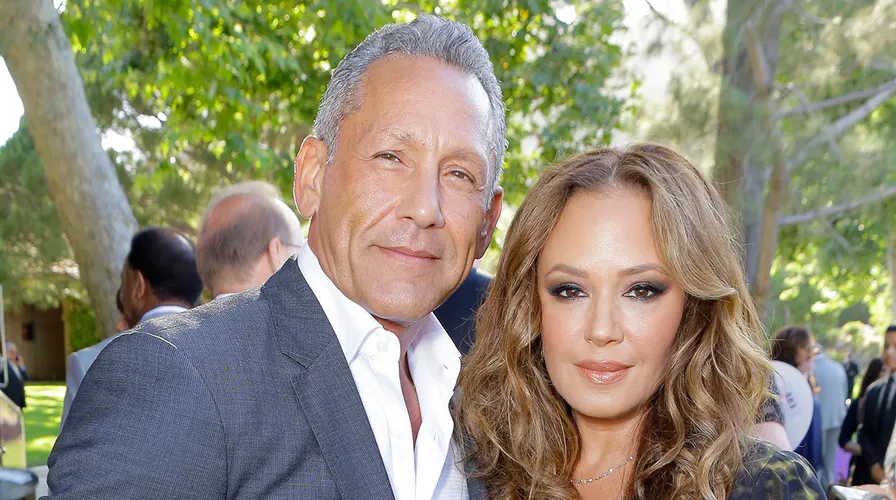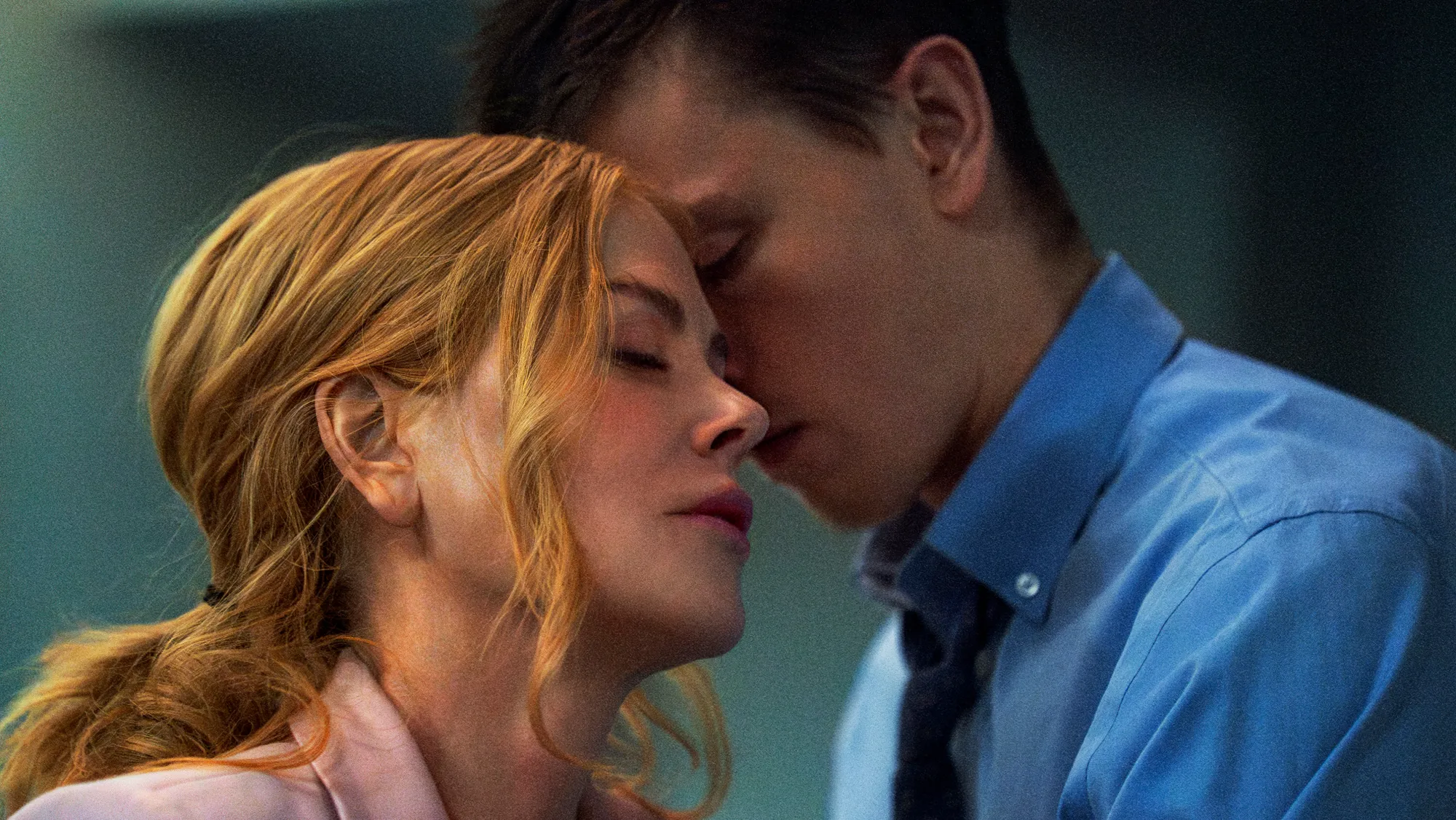Black Star News is serializing below a new book Banana Republic, Where Writing Is Treasonous by Ugandan author and Black Star News columnist Kakwenza Rukirabashaija. He has been arrested twice, first on April 13 and then Sept. 18 and beaten and tortured by the Chieftaincy of Military Intelligence (CMI), dictator Gen. Yoweri Museveni’s secret police because of this book and an earlier one, The Greedy Barbarian about an African kleptocrat who turns a country’s treasury into his family’s personal ATM.
Museveni’s CMI Try To Arrest My Book The Greedy Barbarian
The officer handcuffed me and commanded me to follow him. I limped behind him through the corridor, and we got out of the building. I was bundled into a waiting double cabin pick-up and it sped away.
I was still blindfolded, so for a moment I thought that they were taking me back home and I therefore asked for my gadgets. When they removed the beanie from my head, somewhere around Bweyogerere, I saw that the vehicle had been heading toward the east. We were about eight in the vehicle, including the driver. They had made me sit between two armed officers in uniform who cursed me throughout the journey for writing a book about the president as if they had read it and seen his name therein.
They were prejudiced based on the book cover. It showed a cartoon of a plump being with sleepy eyes, wearing a hat. He had whiskers, fleshy cheeks, a yellow shirt with buttons almost coming undone as a result of pressure from the potbelly. He held an AK-47, a pitchfork, and the two plates before him had been eaten clean—even chunks of the plates were missing. I ignored them because their arguments did not deserve to be given attention. They were simply unthinking beasts blinded by their love and loyalty to their commander-in-chief.
I requested my specs and they gave them to me. My glasses were very dirty from being held with greasy hands. I first cleaned them with spittle and my T-shirt. In an hour or so we had reached Iganga Central Police Station, where the two officers in civilian clothes got out of the car and walked into the police station. The rest of us remained in the pick-up, which had been carelessly parked in the lot outside the fenced station. The two officers returned after several minutes. This time, they were in the company of a police officer from the station. They all got into the vehicle and it roared into life and headed toward my home.
I was very happy that finally the hoodlums were returning me home.The happiness showed all over my face. However, I still asked myself: Why am I still in handcuffs? I knew they were not ready to answer my questions because they looked angry, as if I was the one responsible for their woeful pay, poor feeding, and deplorable housing.
When the vehicle arrived at my home, the driver hooted at the gate. Nobody, however, opened the gate. This prompted the men in uniform – two of them – to jump out of the car and climb over the gate. Their actions proved to me that they were experienced burglars or housebreakers. They then proceeded to open the gate from the inside.
“Let us see you limping here and you will feel our wrath,” the officer who sat on my left warned me.
“How do you want me to walk when you guys have beaten me for two days and my legs cannot walk well?” I asked.
“One word to a wise man is enough,” he concluded, without answering my question.
I alighted from the pick-up and entered the compound with them. I was weak and limping despite the warning from the officers. The facts spoke for themselves and hiding my dire condition was akin to hiding a stolen elephant in a refrigerator. The fresh bruises were visible on my feet and ankles. I couldn’t pretend that I was okay when I was not, so I limped on.
We all stood behind the pick-up in the driveway and waited for the commander to give orders and guidelines for the search. They had obtained a search warrant from the police station in Iganga. The police officer held it while the others I had travelled with from Kampala each held a gun. My wife was happy to see me back home. However, upon seeing me handcuffed, she broke down and wept. She wasn’t allowed to come near me or say anything to me. The officers told her that they had come for a house search and to pick up a copy of The Greedy Barbarian and the laptop charger.
She led us into the house through the kitchen door. I begged them to remove the handcuffs since I was already inside the gate and home. The officer with the keys saddened me with the news that they were returning to Kampala with me. I almost fainted at the thought of being taken back to Kampala, to the dungeon to be tortured again. I had already been detained for more than the 48 hours maximum stipulated for lawful detention. It upset me that the officers who were supposed to protect me were the ones treating me inhumanly outside the confines of the law.
Only one copy of the novel was discovered after the men checked everywhere, including the indoor toilets, under the beds, in the dog kennel, and in the car. They even used a flashlight to peer into the hole of the outside latrine. They searched the ceiling and everywhere else. I was allowed to change clothes, and to eat some sweet bananas, to drink some water, and to administer medicine to my eyes and to brush my teeth, something I had not done for two days.
I waved goodbye to my family and got back into the pick-up vehicle. It then sped off to Iganga central police station where the officer was dropped off, before we continued the journey back to Kampala.
*****
Back To The CMI Torture Chamber
By the time we entered the barracks, it was already dark. I was led back to my toilet-cum-cell, where they tethered me to the toilet seat like a goat and then left to sleep on the cold tiles with my hands cuffed. It was another terrible night. I slept on one side of the body throughout and couldn’t turn or stretch my legs. I even wished I had been fleshy so that the fat could serve as a mattress. I am bony, and my bones got into direct contact with the tiles, causing tremendous pain, similar to the previous days’. Occasionally, when the pain was unbearable, I sat and leaned against the toilet seat.
When the doctor came to my detention cell the following morning, he smiled when he found me seated with my left cheek resting on my knees and my face directly facing the entrance. He asked whether I was okay and I didn’t answer. I knew he had come to inject me again but my attitude chased him away. He picked up his bag from the floor and slammed the door behind him. I heard him opening the adjacent toilet-cum-cell.
The lady who had given me the lustful look on the first night in detention again served me porridge in the morning.
This time, she was dressed in black jeans, craft shoes and a burgundy sleeveless top that showed off her youthful cleavage. She was demure in appearance and had enough charm to command male attention. When she bent to place the cup of porridge on the floor, I noticed that she had amulets around her waist. I remembered then that I had once eavesdropped on some women engrossed in a conversation on a plane about its powers. They said waist beads were used as good luck charms or jewelry for protection against evil.
“Can I use your phone to call my wife, please?” I initiated a conversation, with a rather strained voice.
“You even have a wife? Kale you are gonna die and leave her for other men to marry. Do you think that here we serve beer and roast goat?” she threatened, with her urban accent.
I took her words with equanimity and watched as she organized her rich and luxuriant dreadlocks that tumbled over her shoulders.
“You should never wish such a misfortune on anyone, young woman. Today is me and tomorrow could be you or your husband,” I sternly warned.
She looked at me with distaste and sauntered out of my cell, leaving the door ajar.
I was picked up again by a very smart officer, who greeted me first before commanding me to cover my head with a beanie and then to follow him. I could hardly move. However, owing to the fear that I would be pushed like a cow into a kraal, I limped along, following his shiny, well-polished boots, into which the ends of his trouser legs had been neatly tucked. That was all I could see. I followed closely until I reached the interrogation room. I knelt on the stones without any recrimination or command.
They asked me about the book again. I got to understand that one of the officers had read it through the night. The interrogation was centered on the characters. I was beaten and ordered to interpret each of the characters again. Honestly, I had nothing to say. There was no way I would admit that, for example, Bekunda, who had been gang-raped, resulting in the birth of Kayibanda, was actually Museveni’s mother. There is no way I would admit that the president is actually a product of gang-rape, though the maladministration, corruption and many other evils committed by Kayibanda, the protagonist in the novel, depicted the National Resistance Movement of Uganda. It would be sheer foolishness to stop people from writing about corruption just because the government you have led for more than three decades is the most corrupt in the whole world.
“So who designed this book cover?” a voice asked.
“He is credited at the back of the book,” I answered.
“Yes. I see ‘Ogon’. What are his full names?”
“I do not know.”
The officer interviewing me got up from his seat and administered blistering slaps to my cheeks. The slaps were so hot that they made my ears jam.
“Tell us about Jimmy Spire Ssentongo.”
“I do not know much about him,” I said.
“Tell us the little you know about him,”
“He is a lecturer and a cartoonist. That is all I know about him.”
I was hit on the right, front, top, left, and center. I lost count of the blows.
I refused to provide details about the person who had designed the book cover and the person who wrote the blurb.
They checked every document on my computer, the draft of articles I had written for several newspapers, the mails, the Facebook messages, and every contact number I had in my phone. They demanded information about every contact person in my email and phone.
On the computer, they found a poem I had written on World Corruption Day, when Mr. Museveni had led his cartel of corrupt, potbellied people in government on a walk from City Square to Kololo independence grounds to demonstrate against corruption. After witnessing the mockery, this is what I wrote:
On International Corruption Day
People, in Uganda corruption walks
It has legs and moves around swinging buttocks and obesity
Sweating and farting from City Square to Kololo airstrip
People, corruption walked!
It was not alone, no!
It was in company of its sons and grandchildren
The whole city watched as corruption walked
Roads closed
For corruption to walk uninterrupted
By traffic
No one gathered an iota of gumption to arrest corruption
It was protected by the army and police
Parliament, executive and judiciary
All walked with the corruption
People, I saw with my bespectacled eyes corruption walk!
All roads pouring into the city were corruptly closed
To allow corruption to walk proudly and uninterrupted
You people, we should have arrested corruption and its sons,
and grandchildren gathered at Kololo
But we chose to fold our hands
in despair
We watched corruption mock us
We watched corruption reenergize for more corruption!
We watched superannuated corruption install an indefatigable heir
The corruption of Uganda walks!
It even eats food
It bribes Parliament to amend the constitution
It bribes voters with salt and soap
It buys opposition to its side
It moves around with envelopes full of money
to fork out to the poor
It moves around with pockets bulging with money to dish out
It is exhibit 1510 in the USA courts
All the thieves are friends of exhibit 1510
Millions are suffering because of this corruption
It installed an heir
Who’s on standby
To take over in case more kilograms keep shedding off.
I was asked to explain who “corruption” was in the poem. I told them it was actually President Museveni. Even if I had lied, it would still have been quite evident. Museveni is the one who had led his corrupt companions in a march against corruption on International Corruption Day.
Hundreds of lashes were administered to my buttocks and the soles of my feet.
I was asked to explain my relationship with the people’s president, Dr. Kizza Besigye, and indicate how often we meet when they found pictures of him and me stored in my laptop. These pictures had been taken by his aide, Ronald Muhinda, at Serena Hotel the day Dr. Olive Kobusingye launched her book, The Patient. They did not like my response. I was beaten severely. Did they want me to say we were planning something treasonous?
I was asked who my lawyer was. I said Eron Kizza and Nicholas Opio, both human rights lawyers.
The beatings only got worse.
© Kakwenza Rukirabashaija
Serialization of Kakwenza Rukirabashaija’s “Banana Republic, Where Writing Is Treasonous” continues Sept. 27 on www.blackstarnews.com
Rukirabashaija can be contacted by e-mail message via [email protected] for book orders









